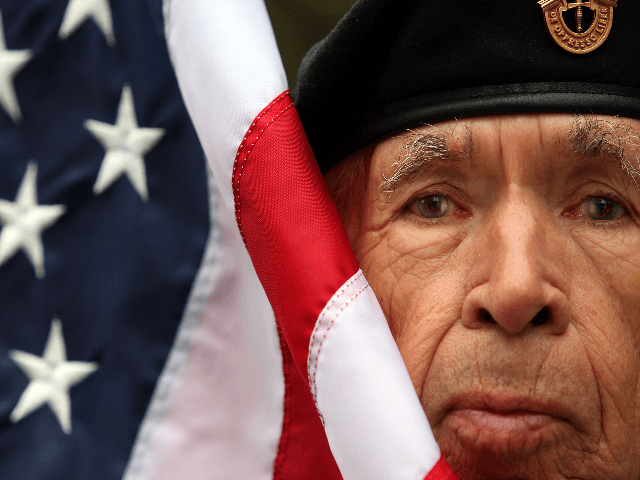The new president of the Oklahoma-based Cherokee Nation is appointing for the first time a delegate to the United States House of Representatives, a move that is believed to be codified in a 200-year-old treaty between the tribe and the federal government.
Tulsa World is one of many media outlets that have reported on the historic development, saying:
In a letter Thursday to the speaker of the Cherokee Nation Tribal Council, Principal Chief Chuck Hoskin Jr. requested a special meeting of the council later this month to consider confirming Kimberly Teehee, a former adviser to President Barack Obama, to the position. The Associated Press obtained a copy of the letter on Friday.
Hoskin, the tribe’s former secretary of state, was elected leader of the 370,000-citizen tribe, the country’s largest, in June with almost 58 percent of the vote.
In a statement released by the tribe, Hoskin said the Cherokee Nation’s right to a congressional delegate was reaffirmed by two separate treaties with the federal government and reflected in the tribe’s constitution. He also said it was important now because native issues “continue to rise to the forefront of the national dialogue.”
“At Cherokee Nation, we are exercising our treaty rights and strengthening our sovereignty,” Hoskin said. “The announcement next week is simply the first step in a long process, having a Cherokee Nation citizen seated as a member of the U.S. House of Representatives. We are eager to work with our congressional delegation from Oklahoma to move this historic appointment forward.”
Obama appointed Teehee as a senior policy adviser for Native American Affairs in 2009 and she is now the tribe’s vice president of government affairs, according to Tulsa World.
The Treaty of New Echota signed in 1835 established a permanent home for the tribe, stating:
WHEREAS the Cherokees are anxious to make some arrangements with the Government of the United States whereby the difficulties they have experienced by a residence within the settled parts of the United States under the jurisdiction and laws of the State Governments may be terminated and adjusted; and with a view to reuniting their people in one body and securing a permanent home for themselves and their posterity in the country selected by their forefathers without the territorial limits of the State sovereignties, and where they can establish and enjoy a government of their choice and perpetuate such a state of society as may be most consonant with their views, habits and condi tion; and as may tend to their individual comfort and their advancement in civilization.
“It’s not clear what steps Congress might take to accommodate a Cherokee Nation delegate, but it’s likely they would be a non-voting member, similar to those from American Samoa, Guam, the Northern Mariana Islands, Puerto Rico, the U.S. Virgin Islands and Washington D.C.,” Tulsa World reported, citing the opinion of Ezra Rosser, an expert in tribal law and a professor at American University’s College of Law.
Follow Penny Starr on Twitter

COMMENTS
Please let us know if you're having issues with commenting.